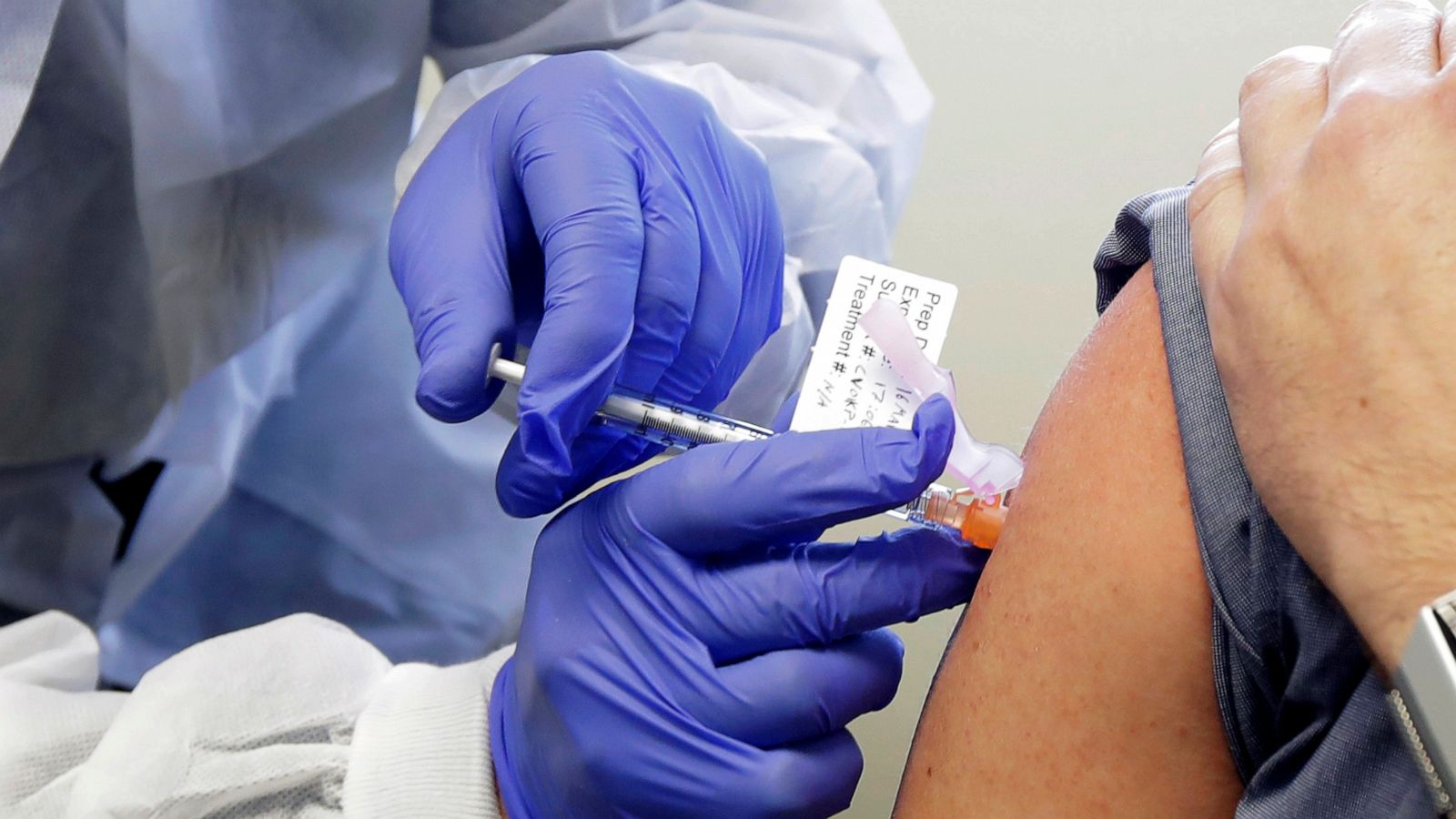
Among the many things that have changed drastically in the past few months is the public perception of the pharmaceutical industry. At the beginning of the year, the main news about Big Pharma was the possibility of a multi-billion-dollar opioid settlement with the states.
Now, rather than being held accountable for tens of thousands of overdose deaths, the industry is being hailed as our savior from Covid-19. The news is filled with laudatory stories about the efforts of the drug companies to come up with a treatment for those currently suffering from the virus and a vaccine that may be the only way for society to return to something approximating normal.
Of course, everyone wants these efforts to succeed, but we shouldn’t ignore the very checkered track record of the industry. The safety portion of that record suggests that pushing for extremely rapid results may be risky.
The pharmaceutical industry’s safety problems date back at least to the 1930s, when a company called S.E. Massengill introduced a liquid antibiotic without testing and the drug turned out to cause fatal kidney damage. In the 1950s Parke-Davis heavily promoted a typhoid drug for less serious ailments until it emerged that users were developing severe and irreversible anemia. During the same period, thousands of children around the world were born with birth defects after their mothers took the morning-sickness drug thalidomide during pregnancy.
Sometimes these scandals involved vaccines. In the mid-1950s a California company called Cutter Laboratories produced large stocks of the new polio vaccine that mistakenly contained the live virus. Scores of children who received the vaccine developed polio.
Defenders of the pharmaceutical industry will claim that safety practices are much more stringent these days. But consider the recent history of Johnson & Johnson, which is one of the companies actively pursuing a coronavirus vaccine.
J&J, whose baby products long enjoyed a reputation for purity, has in the past two decades been implicated in a seemingly endless series of controversies about product safety and the illegal marketing of drugs for uses not approved as safe by the Food and Drug Administration.
Some of the company’s problems stemmed from faulty production practices. During 2009 and 2010 J&J had to announce around a dozen recalls of medications, contact lenses and hip implants. The most serious of these was the massive recall of liquid Tylenol and Motrin for infants and children after batches of the medications were found to be contaminated with metal particles.
in 2013 Advanced Sterilization Products, a division of J&J subsidiary Ethicon Inc., had to pay $1.2 million to settle FDA allegations that it had produced and distributed adulterated and misbranded sterilization monitoring products.
Other major companies in the coronavirus vaccine race have been involved in their own controversies. In 2012 GlaxoSmithKline, which is partnering with Sanofi in its vaccine effort, had to pay $3 billion to settle various criminal and civil charges, among which were allegations that the company withheld data on safety problems with its diabetes drug Avandia from the FDA.
Pfizer, which is working with a smaller company called BioNTech, has had safety problems dating back to the 1980s, when defective heart valves made by its Shiley division caused the death of more than 100 people. An FDA task force concluded that the company had withheld crucial safety information.
We are all desperate for drugs to treat and prevent coronavirus, but we should make sure that the urgency of the situation does not lead to safety shortcuts that can have disastrous consequences.